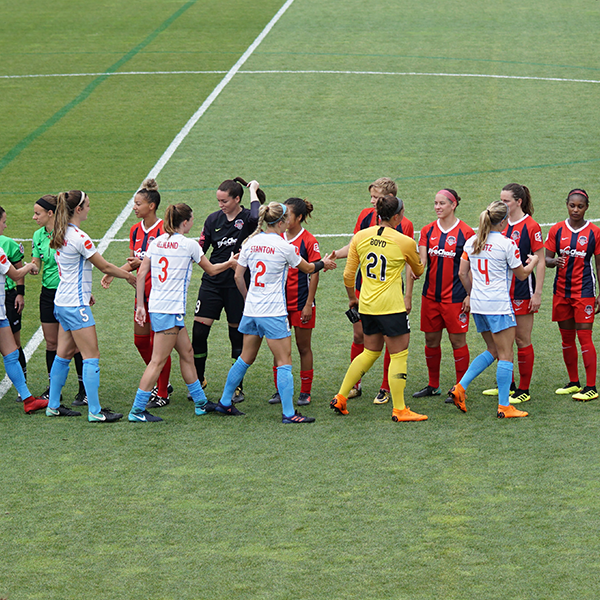Does being earmarked as a ‘future star’ help or hinder our youth footballers? What impact does this hype and pressure have on them? It is one thing to be required to perform under the spotlight. It is another thing entirely to have learn under it. We were invited on BBC 5Live last night to explore the pressure on youth footballers.
Have you heard of Karamoko Dembele? The 13 year old footballer has been making headlines since his debut in an U20 game. Legends of the games are praising him, countries are jostling to get him to represent them and bookmakers are shamefully offering odds on his future prospects. This prompted BBC 5Live to bring together former footballing child prodigy Cherno Samba and our very own sports psychologist Bradley Busch to discuss the consequences of too much hype too early and how to navigate this.
We believe that the following points are worth considering:
Talent Isn't Enough - Your talent level at aged 12 or 13 is a poor predictor of how successful you will be ten years later. As ex-American President Calvin Coolidge once noted, 'Nothing is more common than unsuccessful men with talent'.
Maturity Isn't a Straight Line - As well as people physically maturing at different rates, the brain goes through a huge amount of change during the teenage years (check out our article in the Guardian about this). This means that someone's mindset, mentality, self-control and ability to manage emotions may change in this period, meaning it is hard to predict who has ‘the right mentality’ for the pressures of elite sport. A sport psychologist can help develop these skills, but they are very difficult to predict in advance.
The Cost of 'Natural Talent' - Telling youngsters that they are naturally talented and exceptionally gifted can do more harm than good. This can lead to them having a fixed mindset, where they overly rely on their natural abilities, at the cost of working hard and being open to coach feedback.
Learning How To Fail Is Important - Mistakes offer an opportunity for self-reflection and can often be an important learning curve. By being labelled as an exceptional talent, this may lead to children being afraid of taking risks as they do not want to lose their title. As author JK Rowling notes, ‘it is impossible to live without failing at something, unless you live so cautiously that you might as well not have lived at all – in which case, you fail by default’.
Mastery Orientation - Comparing and contrasting youth footballers with others can quickly lead to a performance orientation (where demonstrating competence and appearing good is a priority) instead of a mastery orientation (where developing competence and learning matters). This is essentially the difference between ‘proving yourself’ and ‘improving yourself’.
Environment Matters - The environment set by parents and coaches can play a key role. The culture that we are in significantly impacts on our own mindset and performance. For some more guidance on this, our blog, ‘Be an expert parent after the match' might be of interest.
Final Thought
For the overwhelming majority of children in academy football, they will not be professional footballers when they are older. Being part of an academy team could be some of the best times of their life. We therefore have a duty and obligation to make it as positive as possible.
By focusing on their individual development, and by emphasising the importance of learning and effort over their natural abilities, we not only help these children, but we also give those that will go on to make it in the professional game the best possible foundation which they can build their future success on.
Want to know how sports psychology can improve your football skills? Head over to our handy guide to get the lowdown.





